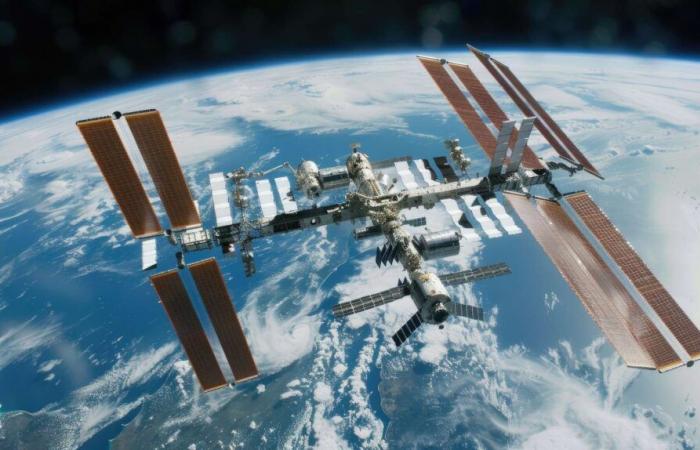
Remember, there are already a lot of smells inside the International Space Station (ISSISS) and the neznez astronauts, whose sensitivity changes with the absence of gravity, are continually put to the test by their own odors, particularly when they practice sports for two hours a day.
Degassing
On November 21, the Russian space freighter Progress took off from BaikonurBaikonur. Two days later, it docked with the station's Poisk module. On board, there was a supply of food and equipment. But when the astronauts open the cargo hatch, they smell an odor. resembling that of a aerosolaerosol » according to the American Don Pettit, and they also noticed the presence of small drops.
The astronauts decide to close the airlock. Ventilation of the station brings the situation back to normal. NASA quickly produced a press release to reassure. Sunday, November 24, the astronauts reopen the hatch briefly, equipped with masks in the event of the presence of dangerous odorless substances. NASA clarified that it was probably the degassingdegassing of materials on board the cargo ship. The unloading ultimately took place without incident.
The micro-leak discussed
Today, the airlock between the Russian and American sections of the ISS is regularly closed due to the presence of a micro-leak in the Zvezda module, discovered in 2019. The Russian and American space agencies are not involved. agreement on the seriousness of this leak. Roscosmos judges it to be safe, while NASA speaks of “ a risk of catastrophic failure » for the station.
The station's Russian modules are aging, but the ISS must still operate until its deorbit in 2031. The American segment will then be replaced by commercial stations, while the Russians hope to have their own station by then .





